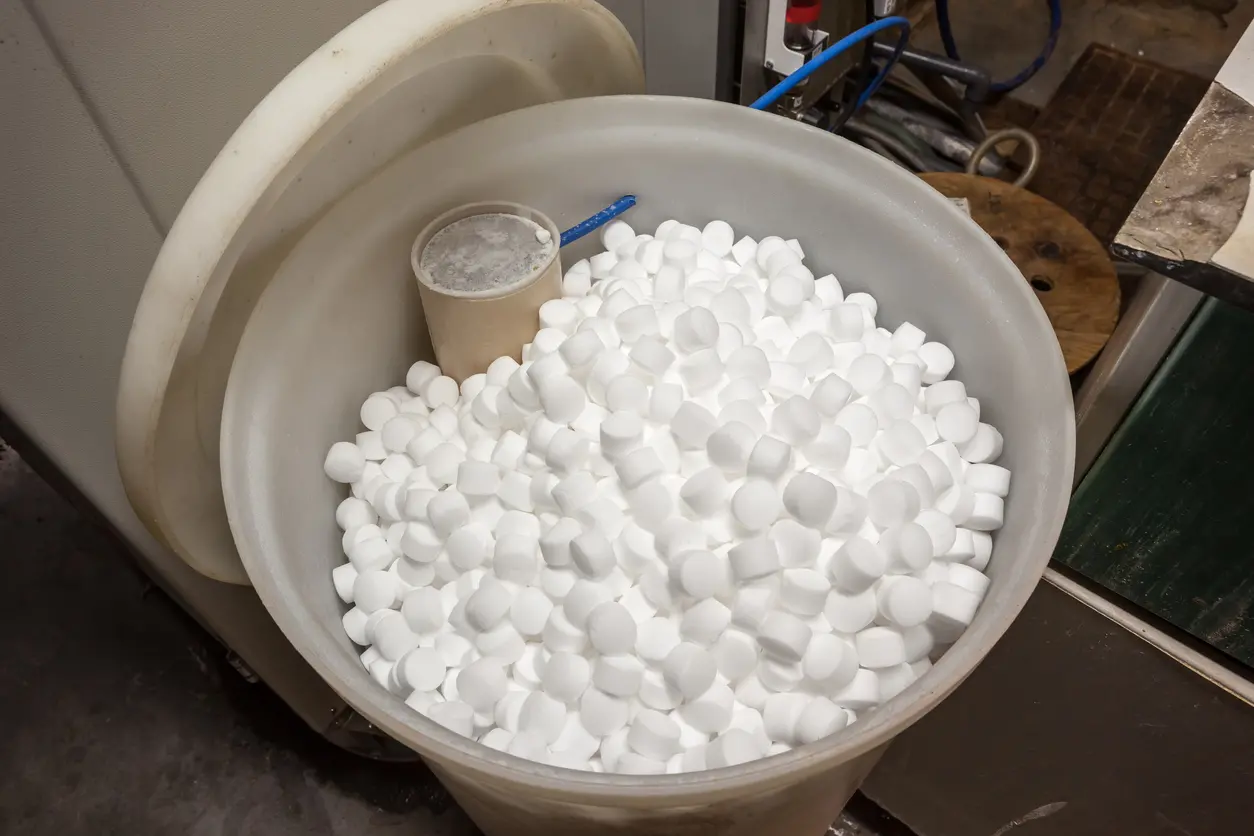Water quality is an integral aspect of our daily lives, impacting everything from the taste of our morning coffee to the longevity of our household appliances. If you’ve ever dealt with hard water, you’re likely familiar with the lime-scale buildup it can cause, leading to various problems. Enter water softeners and descalers – two solutions often considered to combat hard water. But what sets them apart? Let’s dive into the key differences between water softeners and descalers.
What is Hard Water?
Before we delve into the specifics of water softeners and descalers, it’s crucial to understand what constitutes hard water. Hard water contains high levels of dissolved calcium, magnesium, and other mineral salts. While not harmful to drink, these minerals can cause various issues like:
- Soap scum in bathtubs and showers.
- Spots on glassware and dishes.
- Reduced efficiency and lifespan of appliances.
- Dry skin and dull hair.
Water Softeners: A Deep Dive
Water softeners primarily function to remove calcium and magnesium ions from the water, replacing them with sodium (or potassium) ions, thus softening the water. Here’s a more detailed look at how they work:
1. Ion Exchange Process:
The primary technology behind most water softeners is ion exchange. As water flows through a resin bed inside the softener, the negatively charged resin beads attract and hold onto the positively charged calcium and magnesium ions, releasing sodium ions in the process.
2. Regeneration:
Over time, the resin beads become saturated with calcium and magnesium. That’s when the softener enters a regeneration cycle, where a salt solution (brine) washes over the resin bed, replacing the calcium and magnesium with sodium ions.
3. Benefits of Water Softeners:
-
- Efficiency: Water softeners effectively eliminate hard water minerals.
- Soap Lather: Soft water enhances the lathering of soap, meaning you’ll need less soap for cleaning and bathing.
- Extended Appliance Life: Soft water reduces scale buildup, enhancing the lifespan of appliances like dishwashers and water heaters.
4. Considerations:
- Salt Usage: Regular maintenance involves adding salt to the brine tank.
- Water Waste: The regeneration process can waste water.
- Sodium Content: While minimal, softened water contains added sodium, which might be a concern for those on sodium-restricted diets.
What is a Descaler? An Overview:
Descalers, or water conditioners, don’t remove hard water minerals; instead, they alter the structure of these minerals, preventing them from sticking to surfaces. So what does a descaler do? Here’s how they combat scale buildup:
1. Template Assisted Crystallization (TAC):
This is the most common technology used in descalers. It transforms calcium and magnesium ions into stable, microscopic crystals. These crystals flow with water without adhering to surfaces, thus preventing scale.
2. Benefits of Descalers:
- Maintenance-Free: Descalers typically require no salt, no waste, and minimal maintenance.
- Eco-friendly: With no salt and no water waste, descalers are an eco-friendly solution.
- Space-Saving: Most descalers are compact and can easily fit in tight spaces.
3. Considerations:
- Doesn’t Soften Water: While descalers prevent scale buildup, they don’t provide the “slippery” feel of soft water.
- Effectiveness Variances: Descalers’ efficiency can vary based on the water’s pH and temperature.
Water Softener vs. Descaler: The Verdict
Both water softeners and descalers serve to combat the challenges of hard water, but their methods and results differ:
- If you want genuinely soft water, with all the associated benefits like improved lathering and extended appliance life, a water softener is your best bet.
- If you’re looking for a low-maintenance, eco-friendly solution to prevent scale buildup without the need for salt or waste, a descaler might be more up your alley.
In Conclusion:
The decision between a water softener and a descaler boils down to your specific needs, preferences, and the challenges posed by your water supply. Either way, addressing hard water issues can greatly improve the quality of your water and the lifespan of your appliances, making it a worthy investment for many households.


